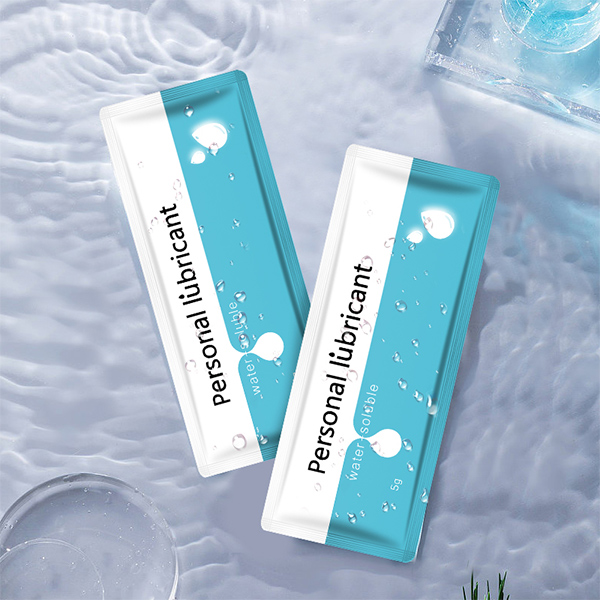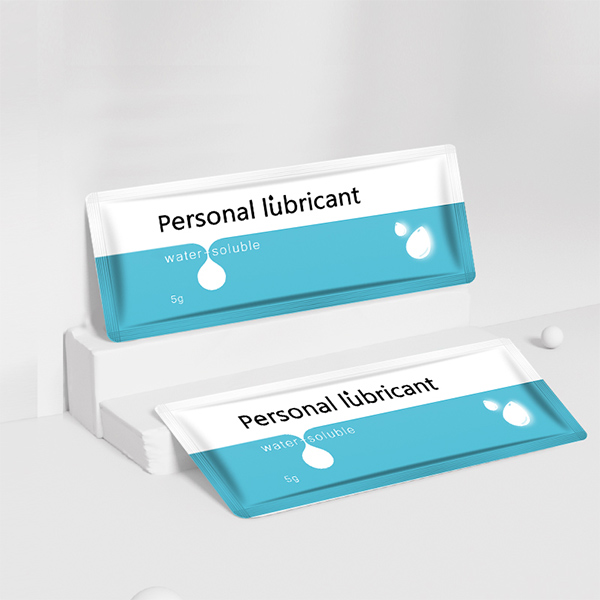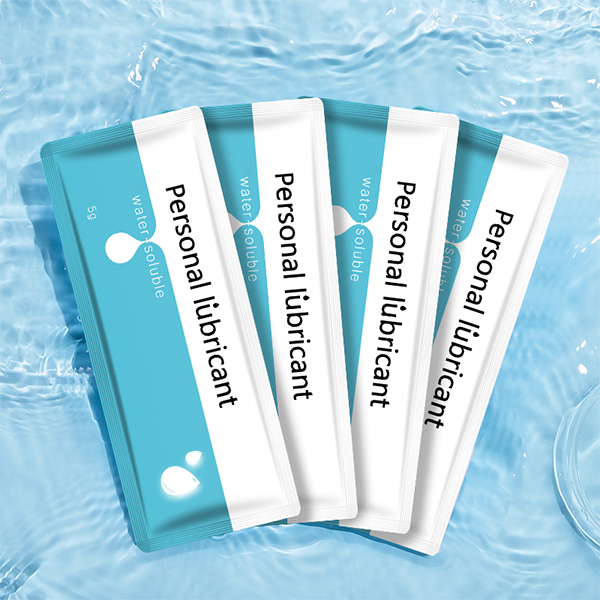Can personal lubricants be made at home? It goes without saying that the difficulty level is high, and the production cost would be much higher than commercially available lubricants. Most importantly, it is very challenging to meet the required hygiene standards for homemade lubricants, making it questionable whether they can be safely used.

Legitimate personal lubricants available in the market are formulated, sterilized, and packaged in clean environments, often using automated production processes. Workers involved in the production wear cleanroom attire to ensure that harmful bacteria or contaminants are not introduced into the lubricant solution. While this may seem meticulous, it is crucial because personal lubricants are used on intimate areas. If the production process is not regulated, resulting in lubricants with excessive levels of bacteria or heavy metals, it can pose risks to the user's health. Ensuring that the lubricants meet the required standards for bacterial and heavy metal content is of utmost importance.
That is why I do not recommend making lubricants at home. It is difficult to create a sufficiently clean environment for production, and the tools and equipment used in the process may carry some bacteria. Lubricants produced under such conditions clearly cannot meet the required standards for safe use.

Some individuals may search for home remedies online or try to use various household items as substitutes for personal lubricants, such as common shower gels, petroleum jelly, red wine, milk, honey, or even saliva. However, none of these are ideal substitutes. Take shower gel, for example. Its primary ingredients are surfactants, along with foam stabilizers, fragrances, thickeners, chelating agents, skincare agents, dyes, and more. Using shower gel as a lubricant can disrupt the internal vaginal environment and potentially lead to gynecological issues. As for petroleum jelly, it is an oil-based mineral substance that is sticky and not easily washable. It can leave residue in the vagina, leading to potential infections. As for substances like red wine, milk, and honey, they may be used for sensual purposes but only on the skin's surface. If used as lubricants, they tend to easily flow away, resulting in limited lubrication effectiveness, and can leave behind odors that are difficult to clean. As for saliva, it goes without saying that it is unhygienic.
In summary, it is extremely challenging to make personal lubricants at home. Finding suitable substitutes for lubricants is also difficult. Instead of spending a significant amount of time and effort on making lubricants at home, it is much easier and more reassuring to purchase a bottle online.
